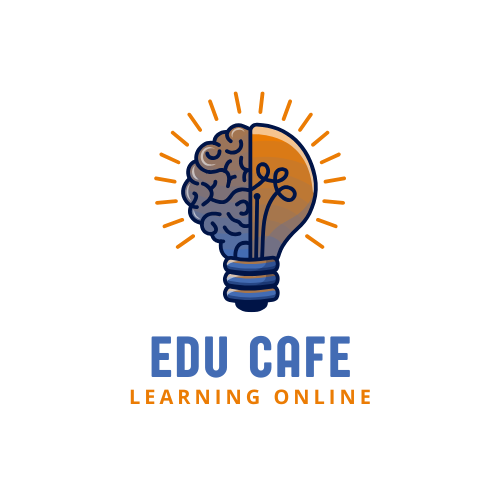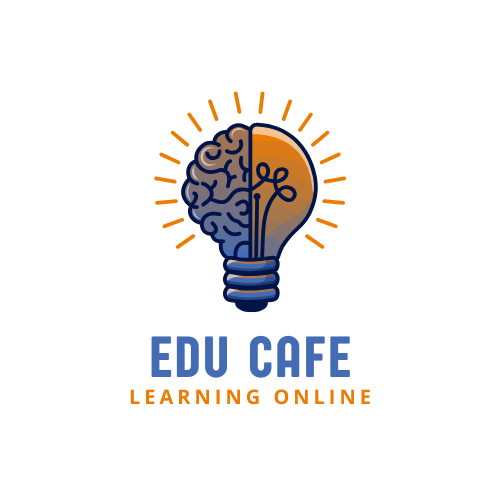Knowledge organisers, also known as concept maps or mind maps, are visual diagrams that outline information hierarchically and interconnectedly. They help students to understand and remember key concepts and relationships between ideas.
When used in preparation for science exams, knowledge organisers can be valuable revision tools because they:
1. Provide an overview of the subject material: Knowledge organisers present information clearly and concisely, allowing students to quickly grasp the main ideas and understand the structure of the subject.
2. Foster active recall: By creating a knowledge organiser, students are actively engaging with the material, which helps to embed the information in their long-term memory.
3. Facilitate connections between concepts: Knowledge organisers help students to see the connections between different ideas, allowing them to understand the subject matter in a broader context.
4. Enhance understanding: Through the process of creating a knowledge organiser, students are forced to think critically about the information and its relevance, which can deepen their understanding of the subject.
In summary, knowledge organisers can provide a comprehensive and organised approach to revision, helping students to retain information and prepare effectively for exams.
Flashcards are a simple but effective revision tool that involve writing questions on one side and answers on the other.
Flashcards aid the science exam revision process by:
1. Encouraging active recall: The process of creating and reviewing flashcards promotes active recall, which is when students have to recall information from memory, rather than simply reading it. This can help to embed the information in long-term memory.
2. Improving memory retention: Flashcards use spaced repetition, a learning technique that involves reviewing information at increasing intervals. This helps to reinforce the information and improve memory retention.
3. Facilitating self-testing: By creating and reviewing flashcards, students can test their understanding of the material, identify gaps in their knowledge, and focus their revision efforts more effectively.
4. Allowing for flexibility: Flashcards can be easily carried and used anywhere, making them a convenient revision tool. They can also be adapted and updated as the revision process progresses.
Overall, flashcards are a simple but extremely effective way to revise for exams, helping students to retain information, test their understanding, and focus their revision efforts.
Podcasts are audio (and often video) recordings that can be listened to on the go on just about any device.
When preparing for exams, podcasts can be valuable revision tools because they:
1. Offer a different learning format: Podcasts provide a change of pace from traditional revision methods such as reading textbooks, making the revision process less monotonous and more engaging.
2. Allow for passive learning: Podcasts can be listened to while doing other activities, such as exercising, commuting, or cooking, allowing for passive learning and making revision more efficient.
3. Provide expert insights: Many podcasts are hosted by experts in a particular field, providing valuable insights and perspectives that can deepen students’ understanding of the subject matter.
4. Offer engaging content: Many podcasts are designed to be entertaining and engaging, making the revision process more enjoyable and less of a chore.
Podcasts can be a useful addition to the science exam revision process, providing a change of pace, allowing for passive learning, and offering expert insights and engaging content.
Mind maps, just like knowledge organisers, are visual diagrams that present information in a hierarchical and interconnected way.
When preparing for science exams, mind maps can be valuable revision tools because they:
1. Enhance understanding: Mind maps help students to see the relationships between different concepts, allowing them to understand the subject matter in a broader context and deepen their understanding of the material.
2. Foster active recall: The process of creating a mind map requires students to actively engage with the material, which helps to embed the information in their long-term memory.
3. Promote creativity: Mind maps allow students to approach the revision process in a more creative and visually engaging way, making the process more enjoyable and less monotonous.
4. Improve organisation: Mind maps help students to organise their thoughts and structure their revision, making it easier to identify the most important information and focus their efforts.
Overall, mind maps can provide a comprehensive and visually appealing approach to revision, helping students to retain information, understand the subject matter in a broader context, and approach the revision process in a more creative and organised way.
Questions from past exams are a valuable revision tool by:
1. Providing a clear understanding of exam format and content: Exam questions from past years give students an idea of the types of questions they are likely to face in the upcoming exam, helping them to prepare more effectively.
2. Highlighting areas of weakness: Reviewing past exam questions can help students to identify areas of weakness, allowing them to focus their revision efforts and address any gaps in their knowledge.
3. Reinforcing understanding: Answering past exam questions helps students to reinforce their understanding of the material, encouraging active recall and improving memory retention.
4. Offering practice and preparation for the actual exam: Practicing with past exam questions gives students a feel for the timing and pressure of the actual exam, helping them to become more confident and better prepared.
Overall, reviewing past exam questions is a useful way to prepare for upcoming exams, helping students to understand the exam format and content, reinforce their understanding, and prepare for the actual science exam.


